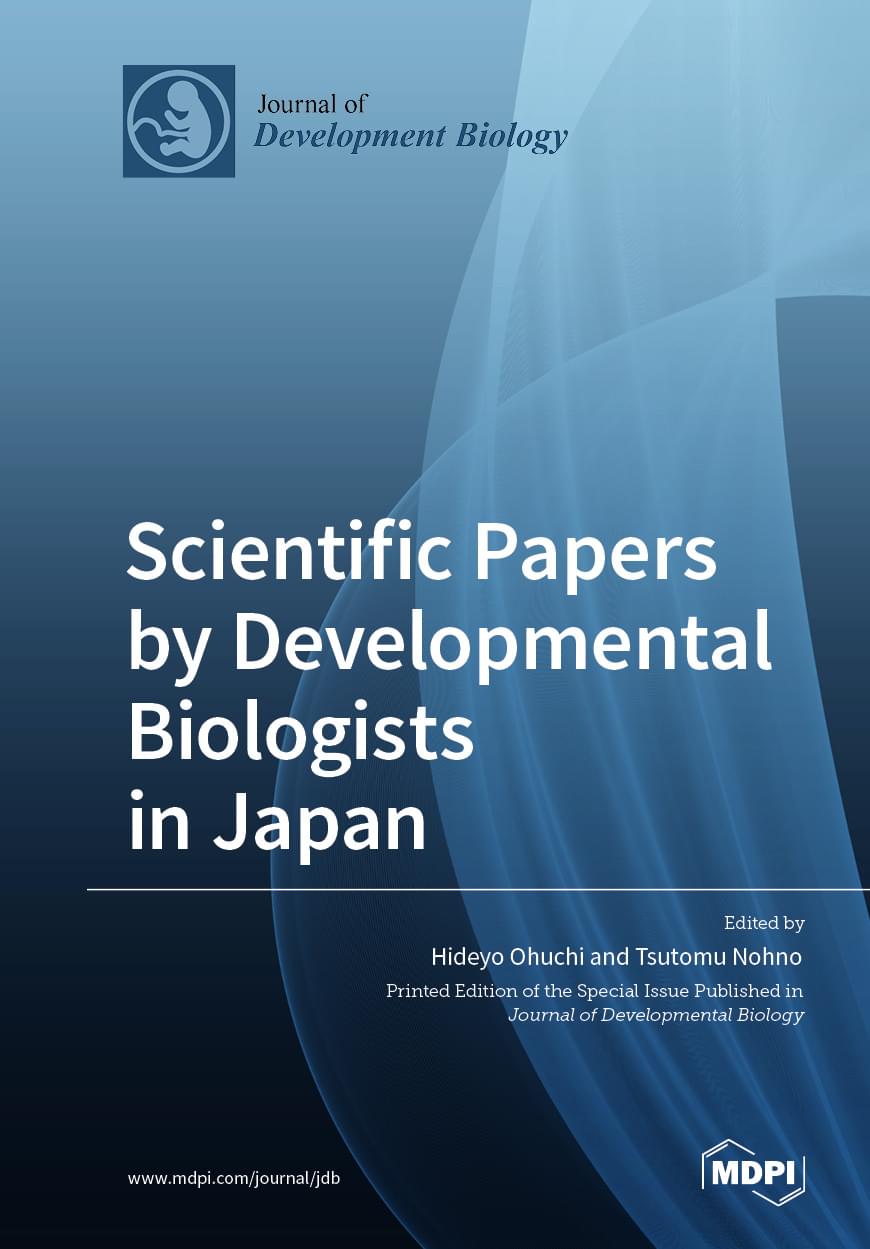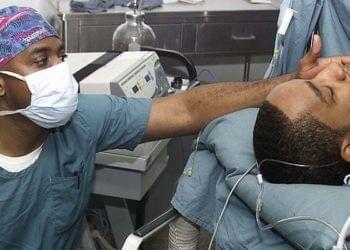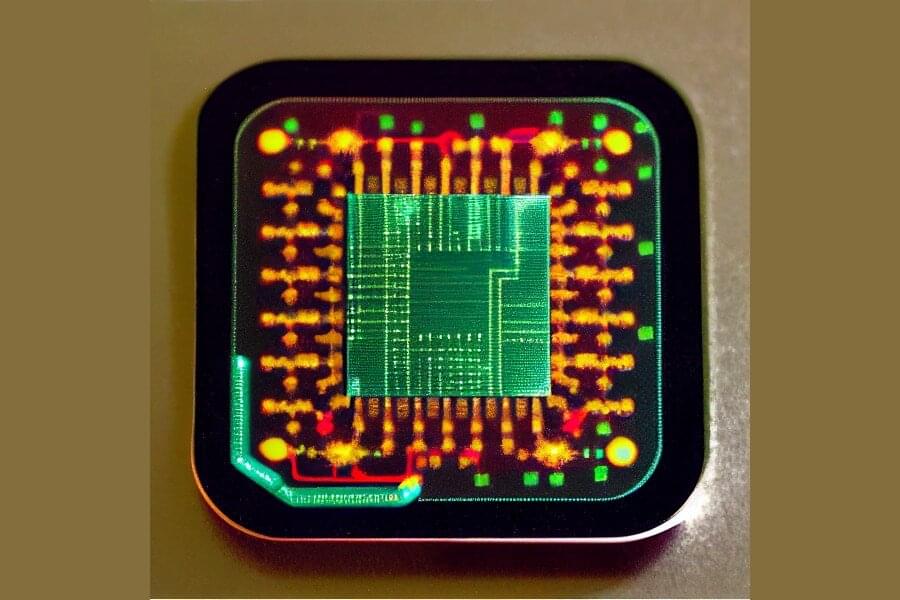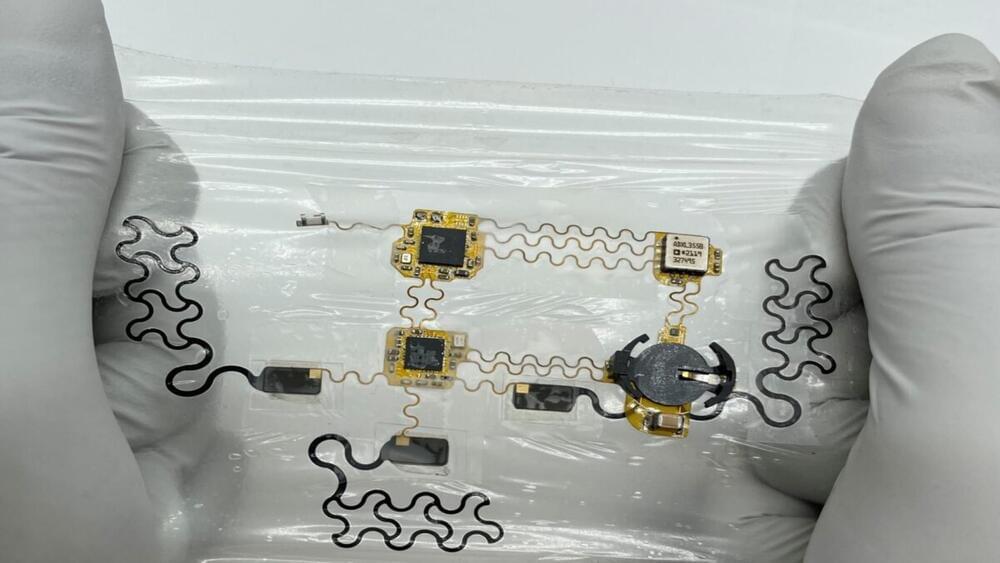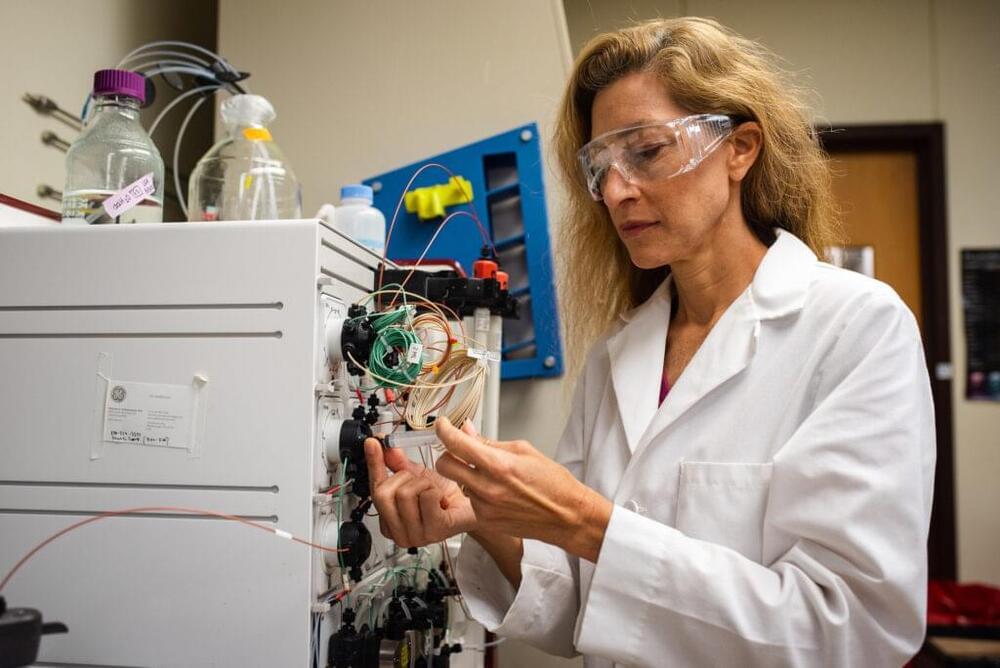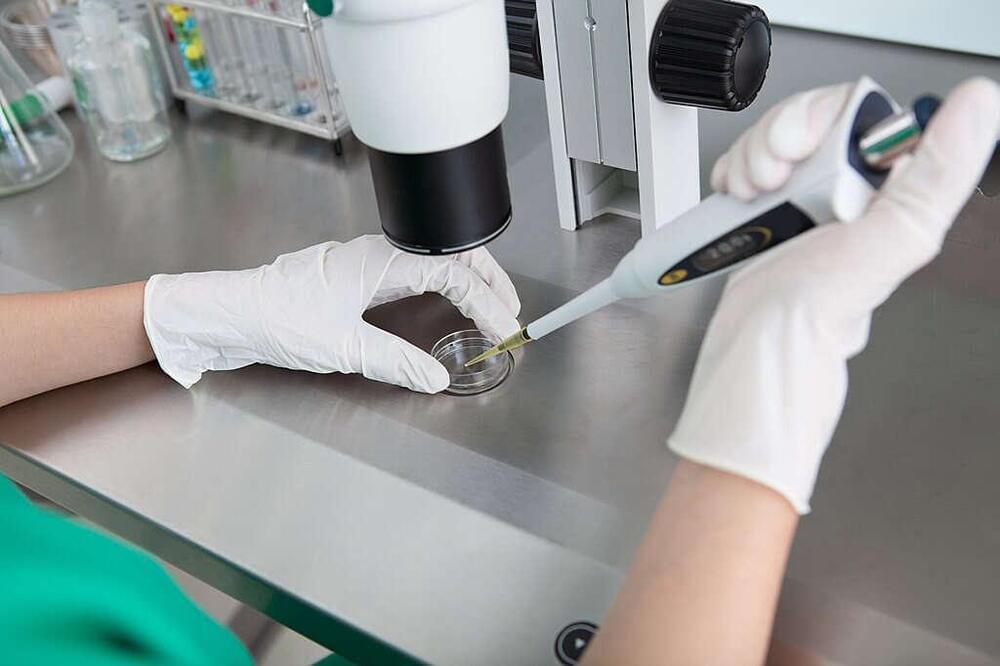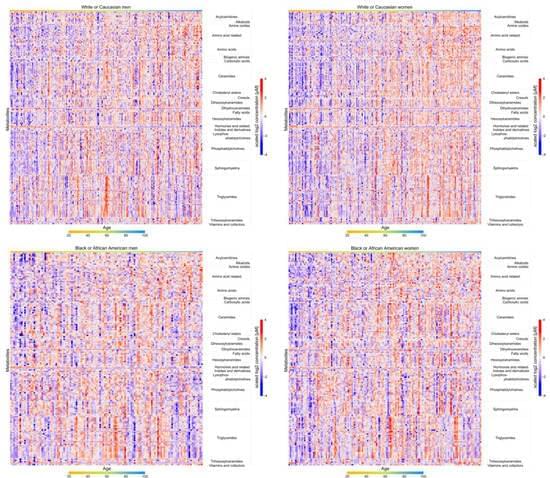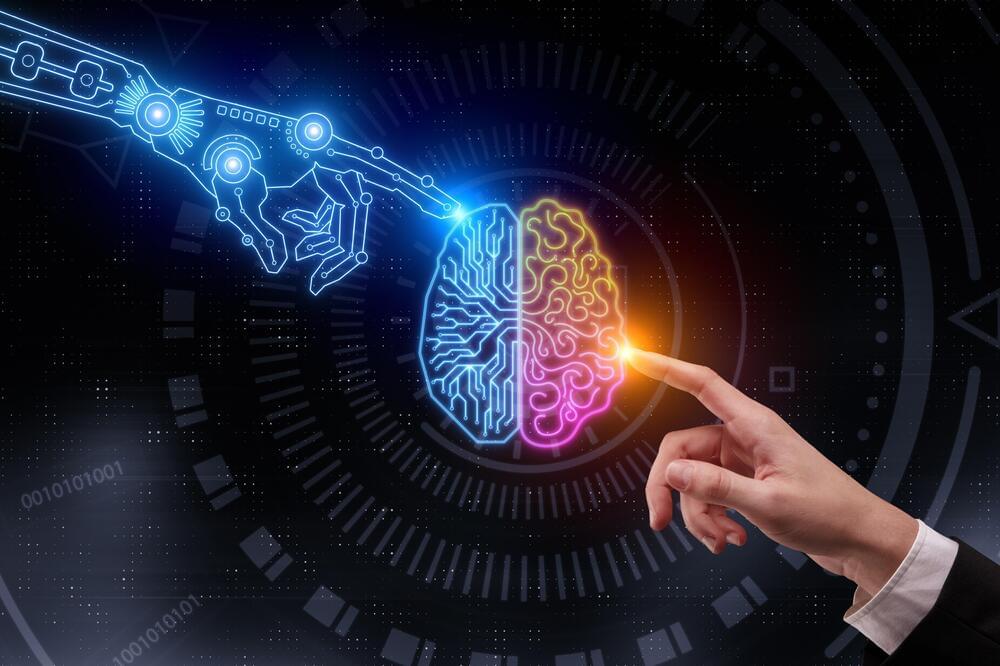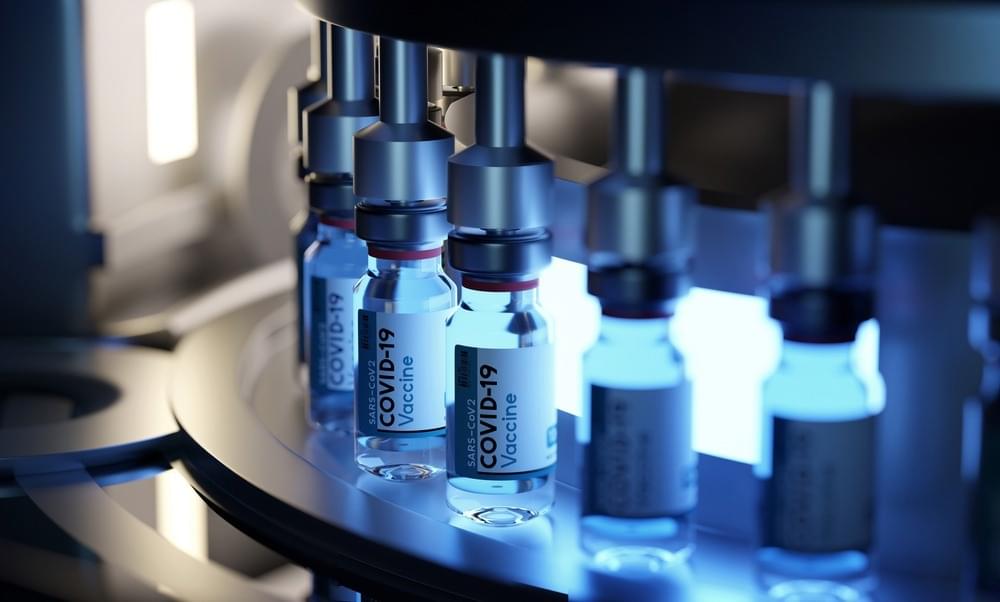This Special Issue, ‘Scientific Papers by Developmental Biologists in Japan’, represents a collection of high-quality review articles, research articles, and communications on the development of multicellular organisms at the molecule, cell, tissue, organ, and whole-organism level, which were written and submitted by developmental biologists working in Japan.
Archive for the ‘biotech/medical’ category: Page 735
May 1, 2023
Intradialytic exercise may improve survival rates in adult patients receiving hemodialysis
Posted by Shubham Ghosh Roy in categories: biotech/medical, health
Patients with kidney failure have a high mortality rate. There is an exponential increase in the number of patients experiencing kidney failure requiring treatment with life-saving kidney replacement therapy (KRT), including hemodialysis (HD), peritoneal dialysis (PD) or kidney transplantation.
Researchers have found inj a new study that Intradialytic exercise may improve survival rates in adult patients receiving hemodialysis.
The new study has been published in the BMC Nephrology.
May 1, 2023
New biocomputing method uses enzymes as catalysts for DNA-based molecular computing
Posted by Quinn Sena in categories: biotech/medical, computing
😗
From early detection and internal treatment of diseases to futuristic applications like augmenting human memory, biological computing, or biocomputing, has the potential to revolutionize medicine and computers.
Traditional computer hardware is limited in its ability to interface with living organs, which has constrained the development of medical devices. Computerized implants require a constant supply of electricity, they can cause scarring in soft tissue that makes them unusable and they cannot heal themselves the way organisms can. Through the use of biological molecules such as DNA or proteins, biocomputing has the potential to overcome these limitations.
May 1, 2023
The future of heart health: Wearable e-tattoo provides comprehensive heart measurements
Posted by Gemechu Taye in categories: biotech/medical, health, wearables
Revolutionizing the process of heart monitoring, researchers have developed a wearable e-tattoo that provides continuous heart monitoring outside of a clinical setting.
A team of researchers from The University of Texas at Austin has created a flexible and wearable medical device that could transform the fight against heart disease. This device called an electronic tattoo or e-tattoo, can be attached to the chest to continuously monitor the heart outside of clinical settings.
The e-tattoo is wireless and mobile, as it has small active circuits and sensors linked by stretchable interconnections. The device weighs just 2.5 grams and can be worn comfortably with a medical dressing.
May 1, 2023
The Achilles Heel That Could Lead to Universal Coronavirus Treatments
Posted by Quinn Sena in categories: biotech/medical, innovation
😗😁
AUSTIN, Texas — Researchers behind discoveries that led to vaccines for the virus that causes COVID-19 have identified a potential Achilles heel that exists in all coronaviruses. These findings, led by researchers at The University of Texas at Austin, could aid the development of improved treatments for COVID-19 and also protect against existing and emerging coronaviruses.
Most vaccines and antibody-based treatments for COVID-19 neutralize the SARS-CoV-2 virus by disrupting interactions between the protein spike on the virus and the ACE2 receptor on human cells, which the virus hijacks to gain entry. But mutations in the spike protein mean that emerging variants of SARS-CoV-2 can escape the human antibody response, making treatments less effective and leading to vaccinated individuals still experiencing breakthrough infections. The researchers are addressing the issue by focusing on parts of the spike protein that are crucial for the virus’s survival and don’t mutate.
Continue reading “The Achilles Heel That Could Lead to Universal Coronavirus Treatments” »
May 1, 2023
The future is here: Israeli researchers develop nanotechnology to fight cancer
Posted by Quinn Sena in categories: biotech/medical, nanotechnology
Year 2022 😗
Bar-Ilan University researchers have developed a new technology that enables the use of nanoparticles to assist the body’s immune system to fight cancer.
Follow Israel Hayom on Facebook, Twitter, and Instagram
Continue reading “The future is here: Israeli researchers develop nanotechnology to fight cancer” »
May 1, 2023
Human Metabolome Reference Database in a Biracial Cohort across the Adult Lifespan
Posted by Shubham Ghosh Roy in categories: biotech/medical, chemistry, life extension, sex
As one of the OMICS in systems biology, metabolomics defines the metabolome and simultaneously quantifies numerous metabolites that are final or intermediate products and effectors of upstream biological processes. Metabolomics provides accurate information that helps determine the physiological steady state and biochemical changes during the aging process. To date, reference values of metabolites across the adult lifespan, especially among ethnicity groups, are lacking. The “normal” reference values according to age, sex, and race allow the characterization of whether an individual or a group deviates metabolically from normal aging, encompass a fundamental element in any study aimed at understanding mechanisms at the interface between aging and diseases.
May 1, 2023
Forget AI; Organoid Intelligence May Soon Power Our Computers
Posted by Genevieve Klien in categories: bioengineering, biotech/medical, genetics, robotics/AI
While the world has been captivated by recent advances in artificial intelligence, researchers at Johns Hopkins University have identified a new form of intelligence: organoid intelligence. A future where computers are powered by lab-grown brain cells may be closer than we could ever have imagined.
What is an organoid? Organoids are three-dimensional tissue cultures commonly derived from human pluripotent stem cells. What looks like a clump of cells can be engineered to function like a human organ, mirroring its key structural and biological characteristics. Under the right laboratory conditions, genetic instructions from donated stem cells allow organoids to self-organize and grow into any type of organ tissue, including the human brain.
Although this may sound like science-fiction, brain organoids have been used to model and study neurodegenerative diseases for nearly a decade. Emerging studies now reveal that these lab grown brain cells may be capable of learning. In fact, a research team from Melbourne recently reported that they trained 800,000 brain cells to perform the computer game, Pong (see video). As this field of research continues to grow, researchers speculate that this so-called “intelligence in a dish” may be able to outcompete artificial intelligence.
Apr 30, 2023
Investigating the Importance of Investing in Vaccine Manufacturing
Posted by Shubham Ghosh Roy in categories: biotech/medical, economics, health
The protective effects of vaccines have particularly been highlighted during the recent COVID-19 pandemic. Countries able to offer the vaccine demonstrate lowered infection rates and have kick-started the recovery of their economies.
The COVID-19 pandemic has also highlighted the need to proactively develop medical countermeasures to novel pathogens, in addition to advancing supply and manufacturing capacities to meet global demands.
Investing in vaccine manufacturing has both economic and societal benefits, in addition to protecting human health and limiting infection spread.
Apr 30, 2023
The Future of Satellite-Based Synthetic Biology and Genetic Engineering
Posted by Dan Breeden in categories: bioengineering, biotech/medical, genetics
The potential of satellite-based synthetic biology and genetic engineering to revolutionize healthcare is becoming increasingly clear. Recent advances in the field have opened up a world of possibilities for medical professionals and researchers, allowing them to diagnose and treat diseases more effectively and efficiently than ever before.
Satellite-based synthetic biology and genetic engineering have already been used to develop treatments for a variety of conditions, including cancer, heart disease, and neurological disorders. By using satellite-based techniques, researchers can quickly and accurately identify genetic mutations and other abnormalities in a patient’s DNA. This allows them to develop personalized treatments that are tailored to the individual’s specific needs.
The use of satellite-based synthetic biology and genetic engineering also has the potential to reduce healthcare costs. By identifying genetic mutations and other abnormalities at an early stage, doctors can avoid costly and unnecessary treatments. This could lead to significant savings for both patients and healthcare providers.
